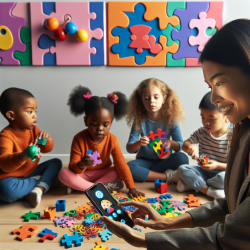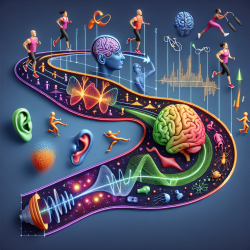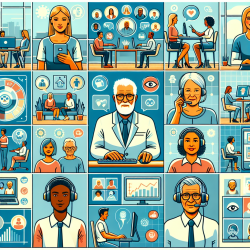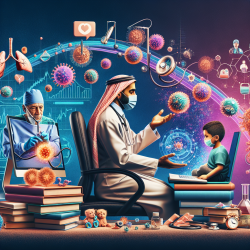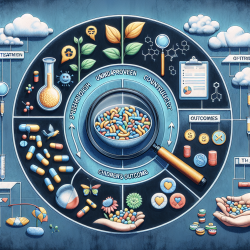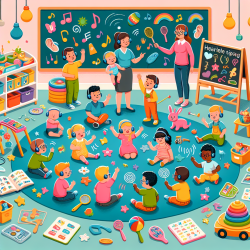Competency in collaborative problem solving (CPS) is critical across various contexts, including education and the workplace. Traditional assessments, such as multiple-choice tests, often fall short in evaluating these complex, process-oriented skills. Innovative approaches are necessary to understand and assess CPS behaviors effectively.
The research conducted by Andrews-Todd et al. (2022) explored the use of simulation-based tasks and computational linguistic methods to automatically characterize students' CPS skills. The study compared automated approaches with human annotation, revealing that automated methods can reliably identify CPS behaviors, thereby reducing the time and resources required for human-driven assessments.
Here are some key takeaways for practitioners:
- Utilize Simulation-Based Tasks: These tasks provide a dynamic environment where students can demonstrate CPS skills in realistic scenarios. They capture all actions and discourse, offering a comprehensive view of students' abilities.
- Implement Automated Assessment Tools: Leveraging natural language processing (NLP) and machine learning, automated tools can efficiently analyze large datasets, identifying key CPS behaviors with high accuracy.
- Focus on Skill Profiles: The study identified distinct CPS skill profiles, such as "Social Loafers," "Super Socials," "Low Collaborators," and "Active Collaborators." Understanding these profiles can help tailor interventions and feedback to address specific needs.
- Combine Human and Machine Approaches: While automated tools are powerful, combining them with human insights can enhance the accuracy and reliability of CPS assessments.
Encouraging further research and implementation of these innovative assessment methods can significantly improve outcomes for students, equipping them with the collaborative skills needed for future success.
To read the original research paper, please follow this link: Exploring Automated Classification Approaches to Advance the Assessment of Collaborative Problem Solving Skills.



